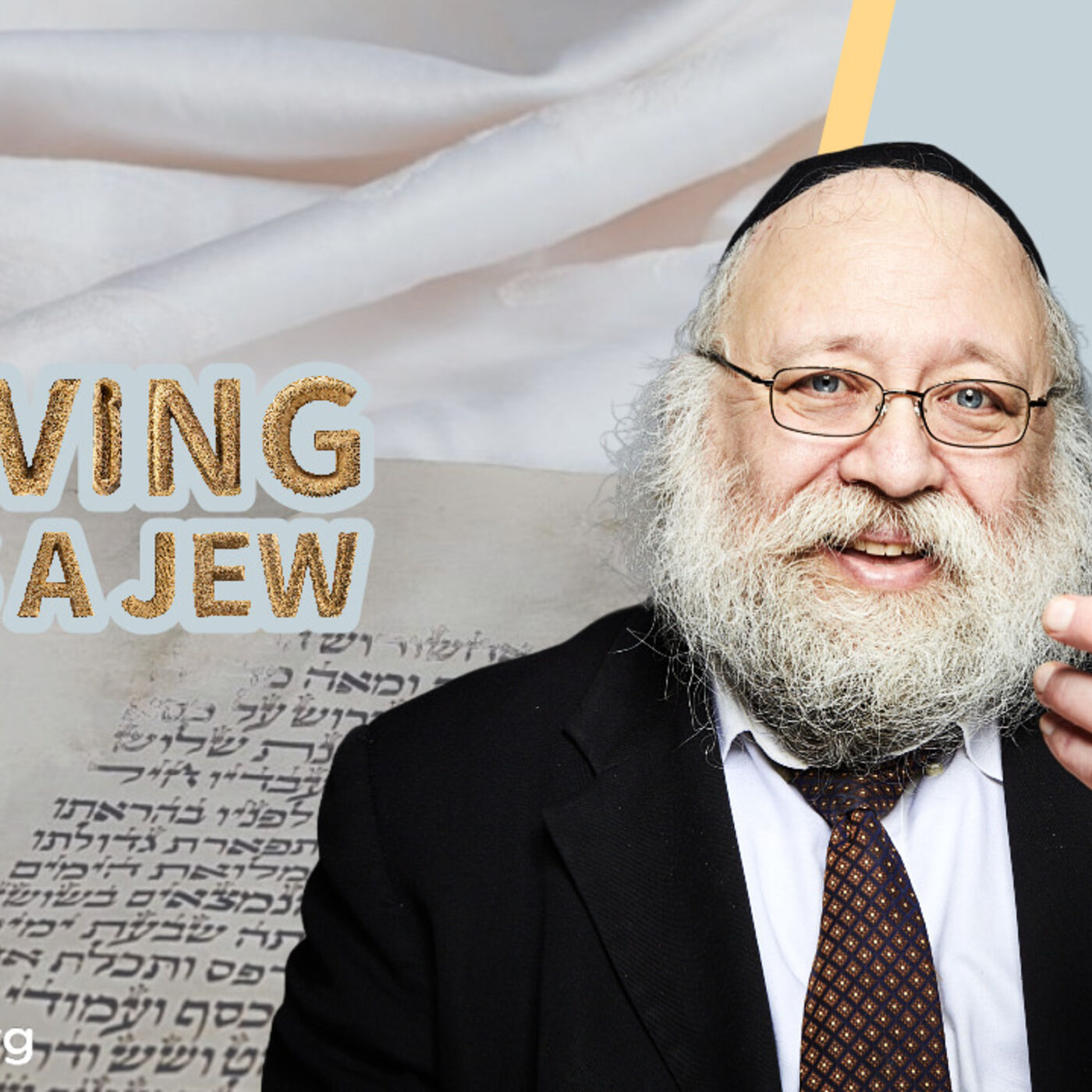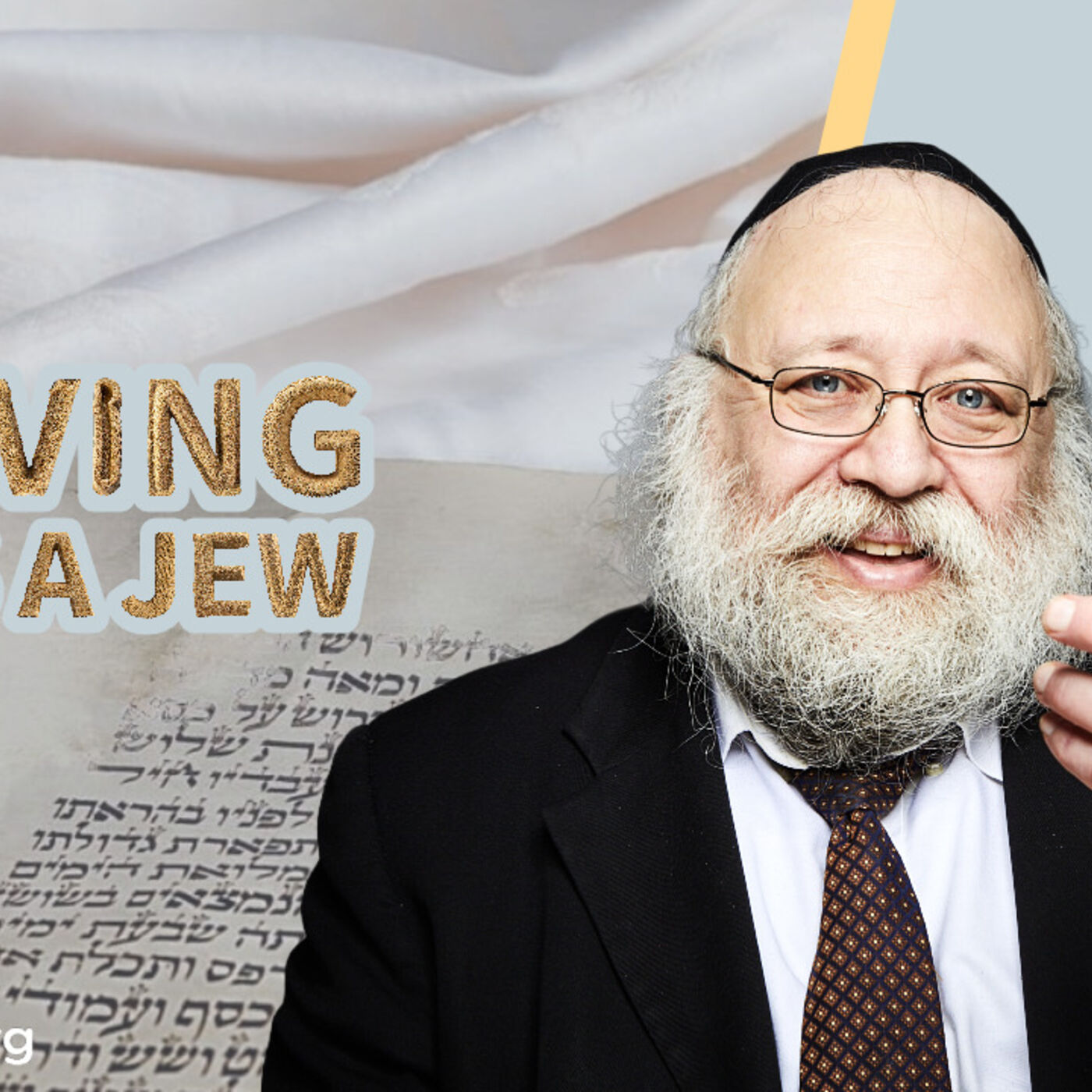Listen.

Explore more on this subject
-
 01:01:33What happens if you turn on a light switch on the Jewish sabbath? Rabbi Greenberg explains the 39 forbidden Melachot (types of "work") that are punishable by death! We break down sewing, writing, cooking, and more activities banned on Shabbat.
01:01:33What happens if you turn on a light switch on the Jewish sabbath? Rabbi Greenberg explains the 39 forbidden Melachot (types of "work") that are punishable by death! We break down sewing, writing, cooking, and more activities banned on Shabbat. -
 25:23Why is there so much suffering in the world? If G-d could do anything, why doesn’t e perfect the world and end the suffering? Most importantly, will we ever be able to understand suffering?
25:23Why is there so much suffering in the world? If G-d could do anything, why doesn’t e perfect the world and end the suffering? Most importantly, will we ever be able to understand suffering? -
 04:14What lessons and relevance can we find in Abraham's journey towards Jerusalem?
04:14What lessons and relevance can we find in Abraham's journey towards Jerusalem? -
 04:30What is the difference between Judaism and all other "ism's"?
04:30What is the difference between Judaism and all other "ism's"? -
 42:45What's the deal with the mezuzah? Learn the truth about this mysterious object - from what's inside to where to place it, why it matters, crazy stories, how to check if it's kosher, and more. Get the inside scoop on the mezuzah!
42:45What's the deal with the mezuzah? Learn the truth about this mysterious object - from what's inside to where to place it, why it matters, crazy stories, how to check if it's kosher, and more. Get the inside scoop on the mezuzah!
